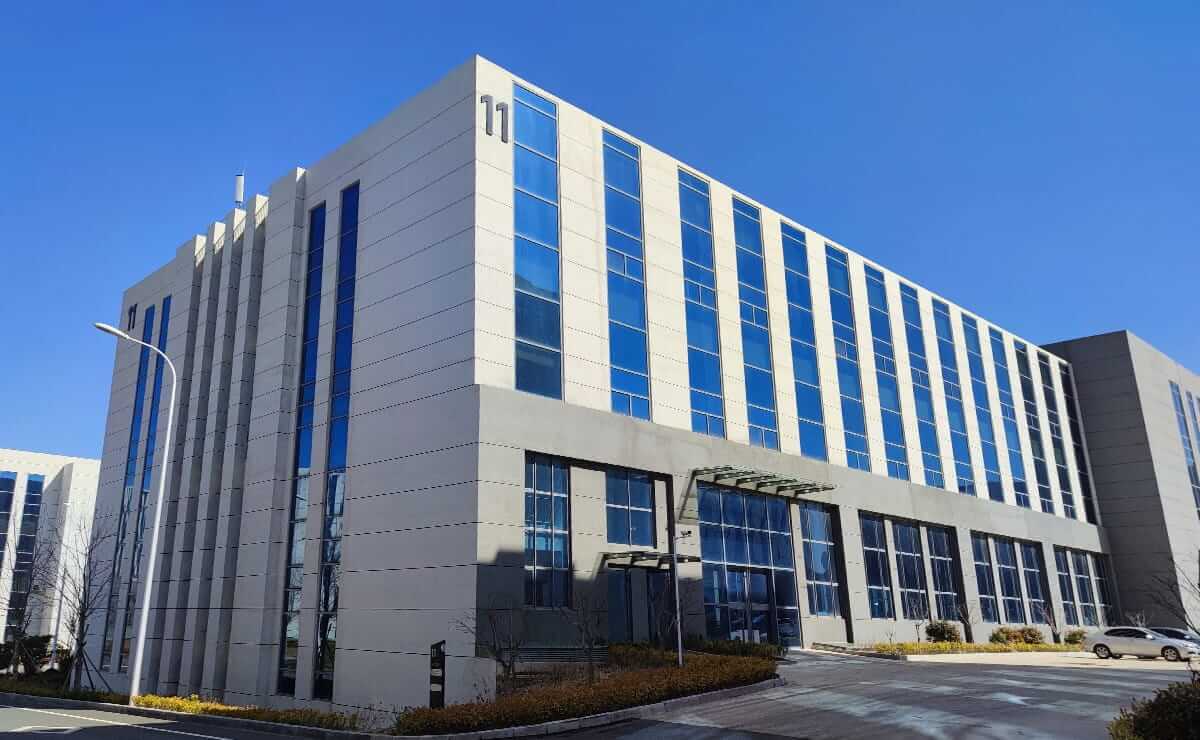Mini Water Chiller is typically used in cooling electronic equipment and other applications that require a constant temperature. It uses water or other liquids as the refrigerant, and removes heat by circulating the liquid to maintain a constant temperature.
- Determine the cooling capacity needed: The first step in purchasing a mini chiller is to determine the cooling capacity required for your application. This will depend on factors such as the size of the space to be cooled and the type of equipment being cooled.
- Consider the power source: Mini chillers can operate on AC or DC power, so consider which power source will be most convenient for your application. If you need a portable mini chiller, DC-powered options may be better.
- Check the size and weight: Mini chillers are designed to be compact and lightweight, but make sure to check the exact dimensions and weight to ensure that it will fit your space and be easy to move around.
- Look for energy efficiency: Mini chillers that are energy efficient can save you money on your energy bills in the long run. Look for models with a high COP (coefficient of performance) and energy-saving features such as variable speed compressors.
- Check the noise level: Mini chillers can produce noise while operating, so consider the noise level and choose a model that is suitable for the intended application. For example, a quieter chiller may be needed for a bedroom or office setting.
- Consider the refrigerant: The type of refrigerant used can affect the efficiency and environmental impact of the mini chiller. Look for models that use environmentally-friendly refrigerants such as R290 or R32.
- Check for additional features: Some mini chillers come with additional features such as temperature control, remote control, or programmable settings. Consider which features will be most useful for your application.
By considering these factors, you can ensure that you choose the right mini chiller for your needs, whether you need to cool a small room, a piece of equipment, or a portable space.





